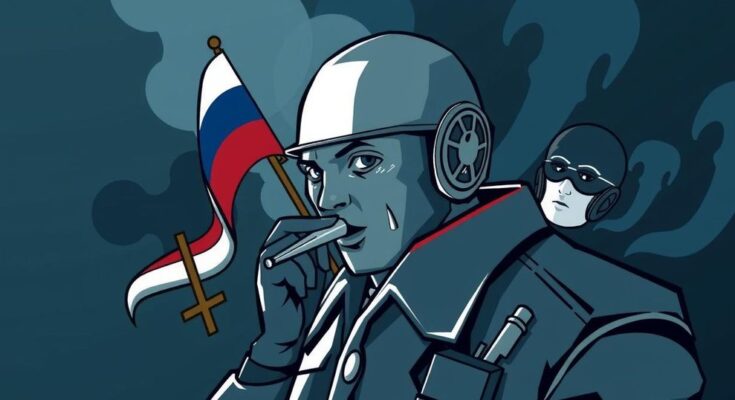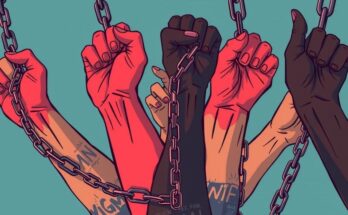Russian Human Rights Council head Valery Fadeyev describes the Kremlin’s crackdown on dissent as “sanitary measures” amid the Ukraine conflict. With substantial political repression in play, critics face jail time for dissent, while prominent opponents remain in exile or dead. The government has initiated thousands of criminal proceedings against those deemed disloyal, amid an escalating climate of fear and repression in the country.
Valery Fadeyev, head of Russia’s human rights council, characterized the government’s extensive crackdown on dissent as necessary “sanitary measures” amid its conflict in Ukraine, rejecting claims of political repression. With dissent silenced, those who criticize the Ukraine campaign face imprisonment or fines, leaving President Vladimir Putin’s opponents either exiled, imprisoned, or deceased. Fadeyev acknowledged the grim situation, stating, “What we see now…we are at war with the West,” suggesting limited restrictions are not repression but rather minimal safeguards against perceived enemies. When questioned about the possibility of advocating for amnesties, he indicated such discussions were not a current priority. Russian officials have frequently labeled the marginalization of dissenters as “cleansing,” echoing Putin’s 2022 call to expunge “traitors” from society. Earlier this year, Foreign Minister Sergei Lavrov claimed the military offensive in Ukraine serves to “contribute to the cleansing” of Russian society. The legislative landscape in Russia criminalizes public criticism of actions in Ukraine, with the OVD-info rights organization reporting over 9,000 criminal cases initiated against individuals for “discrediting the army.” Rights advocates estimate that hundreds are imprisoned for their political beliefs and caution that these numbers might be underestimated, considering recent repressive actions. Months prior, prominent opposition leader Alexei Navalny reportedly died in a remote prison colony, highlighting the lethal consequences of dissent in Putin’s Russia.
The backdrop of this situation is Russia’s ongoing war in Ukraine, which has prompted the Kremlin to implement stringent measures against any dissent. The government has taken drastic steps to silence opposition voices, leading to a significant exodus of citizens fearful of repression. The shift in societal norms has normalized a climate of fear and compliance, under the guise of national security and wartime measures. Such actions have raised alarms among human rights organizations, prompting widespread concern for political prisoners in Russia. Furthermore, terms like “sanitary measures” and “cleansing” reveal an unsettling perspective where political purges are framed as necessary actions to safeguard national interests, thereby blurring the line between legitimate governance and authoritarian rule.
In summary, the Russian government’s characterization of its dissent crackdown as “sanitary measures” underlines a stark reality wherein any opposition is viewed through a lens of hostility and betrayal. With thousands facing legal repercussions and a culture of fear pervading society, the systematic repression of political dissenters highlights a dire situation for human rights in Russia today. As the state continues its offensive against perceived enemies, the specter of political oppression looms over the Russian populace, threatening the very essence of civil liberties.
Original Source: www.barrons.com



